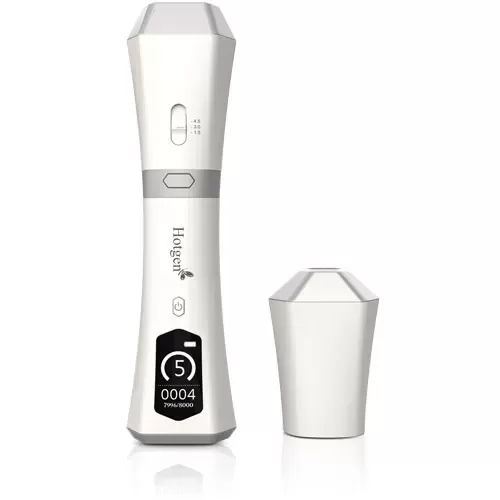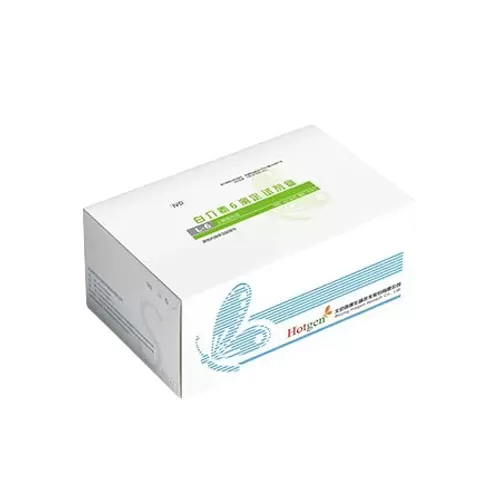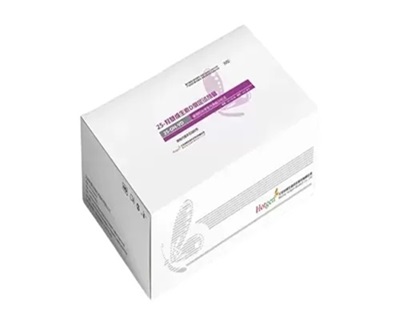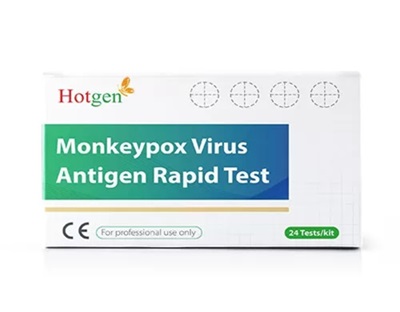Principles of the ELISA Experiment
ELISA (Enzyme-Linked Immunosorbent Assay) is an immunoassay technique commonly used to quantify the levels of specific target molecules in samples. Common samples used for ELISA include serum, plasma, cell culture supernatant, cell lysate, saliva, tissue lysate, urine, and other fluid biological samples. The enzyme-linked immunosorbent assay is typically conducted in a 96-well microplate, where the microplate is coated with a specific capture antibody for the relevant analyte. When incubating with experimental samples, standards, or controls, the target analyte is captured by this antibody, and a conjugated detection antibody binds to the other epitope on the target analyte that is not occupied by the capture antibody. Subsequently, a substrate solution is added, generating a signal proportional to the amount of target-bound complex on the solid phase.
Classification of ELISA Kits
How to Choose an ELISA Kit?
Currently, the market offers a wide variety of brands and types of ELISA kits, with varying quality. Therefore, selecting the right kit for your experiments is particularly important! Here are some specific points to consider:
Species Application and Sample Types
Different species' kits are generally not interchangeable unless explicitly stated otherwise. Common types of samples include serum and plasma (with different anticoagulants), cell supernatants, and cell lysates. Dilution solutions for different samples in the kits should not be mixed. Hotgen's ELISA kits are broadly applicable and can be used for diagnosing various diseases, including rheumatoid arthritis, liver diseases, sex hormones, cardiovascular diseases, bone metabolism, and anemia.
Sensitivity
Sensitivity reflects the kit's ability to detect the lowest amount of the substance being tested. Users can choose the appropriate kit based on the content/concentration of the test indicator in their samples. If the test indicator's content is very low, a standard kit may not meet the requirements. In this case, it is recommended to choose a high-sensitivity ELISA kit, such as those from Hotgen.
Simplicity
Kits that ensure high-quality data while offering shorter experimental times and easier operation are more likely to be favored by users.
Cost-Effectiveness
Hotgen's ELISA kits are highly competitive, easing customers' financial burdens while ensuring quality.
Key considerations when selecting an ELISA kit include sensitivity, simplicity, range of applications, and cost-effectiveness. ELISA kits provided by Hotgen, such as tumor marker detection kits, liver disease detection kits, rheumatoid arthritis detection kits, and cardiovascular disease detection kits, offer significant advantages in accuracy, operational simplicity, and price competitiveness. Whether for clinical diagnosis or research applications, Hotgen's ELISA kits provide you with efficient and reliable detection solutions.
 English
English français
français Deutsch
Deutsch Español
Español ไทย
ไทย русский
русский português
português العربية
العربية Indonesia
Indonesia







